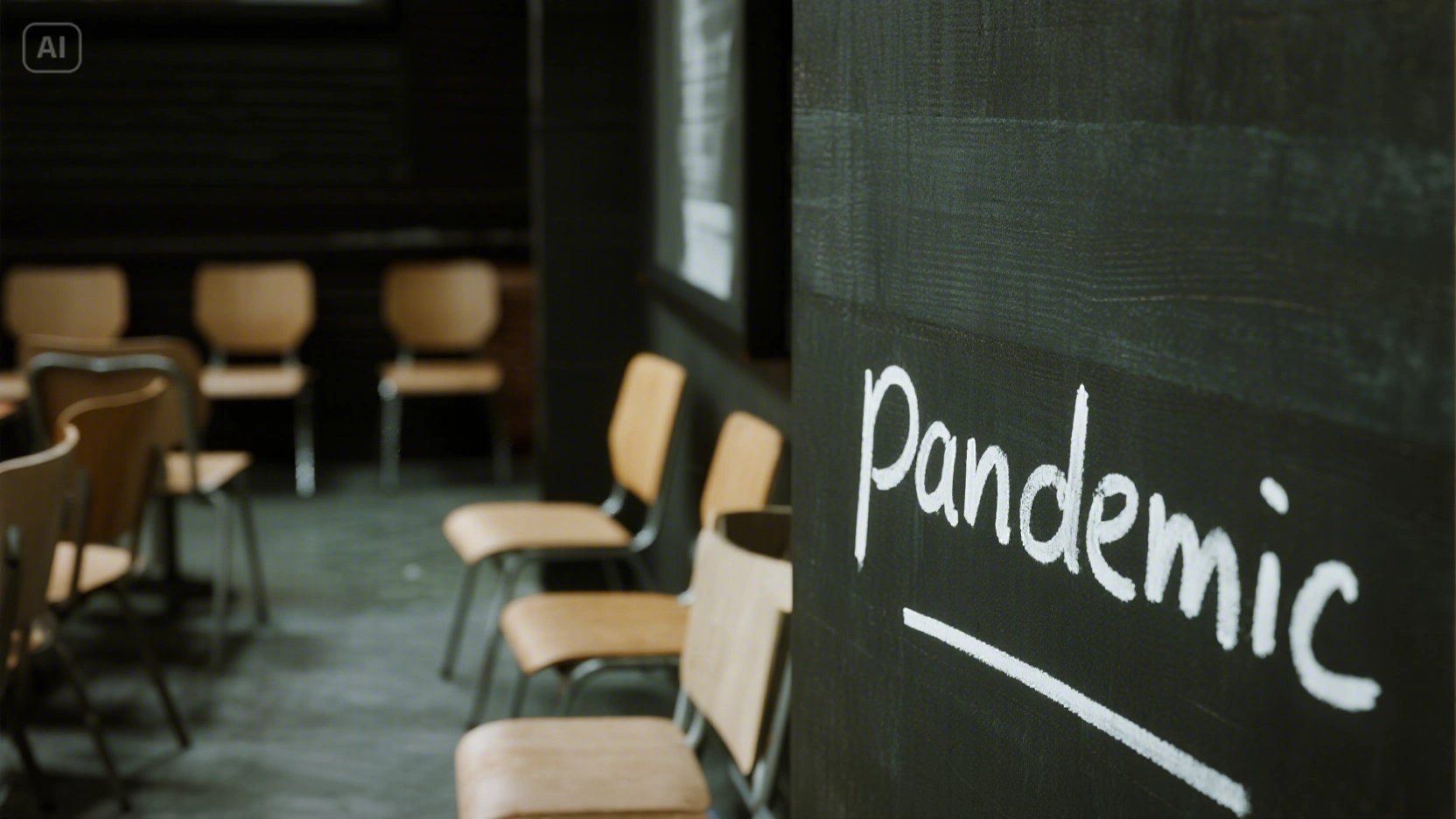The Case Against Superbugs
A Global Health Time Bomb That Tick Louder With Every Day
With the world switching their focus back and forth between war-torn countries and election cycles, one of the biggest risks to human existence is increasing. However, little noticed by the world. The silent pandemic of antibiotic resistance: Rising antibiotic resistance is threatening to become one of the greatest health challenges of the 21st century.
World Health Organization estimates that up to 10 million lives per year may be lost to antimicrobial resistance (AMR) by 2050, and this may top the number of deaths occasioned by cancer. The recent warning issued by Pope Francis, as well as the community of medical professionals worldwide, unleashed a new urgency into this crisis: until the moment of action, our current health system is likely to fall under the pressure of untreatable infections.
Misuse and Missed Opportunities: How We Got Here
Besides, the industry of antibiotics transformed medicine in the 20th century and made curable diseases. However, this success tale brought complacency. Years of misuse in agriculture, over prescription, and inefficient global control have enabled bacteria to develop a resistance rate that outsmarts the production rate of drugs. Children are delivered every day with the help of antibiotics to avoid infection in their mother and the neonate. Today, even basic surgeries and chemotherapy would not be possible without antibiotics. These standard procedures may be life-threatening without proper treatment.
Subsequently, income countries, poor regulation has caused unregulated access to the use of antibiotics in lower and middle income countries. Concurrently, in the high-income countries, unnecessary prescriptions are conducted to treat viral diseases in which antibiotics are ineffective. Such un-selective application provides a perfect environment where the bacteria evolve, thrive and outsmart the current drugs.
Superbug Surge Not the Future Threat, It Is Already Present
Superbugs are real and not imaginary. Each year they kill more than 1.3 million people, and millions of others face long time sickness, disability because of resistant infections. The entire globe is currently fighting multidrug-resistant organisms whether it is MRSA and CRE, drug-resistant tuberculosis and gonorrhea.
Even worse is the fact that resistance genes have spread all around the planet subjected to food chains, wastewater and international travel. In India, a new report indicated that more than 50 percent of the last-resort antibiotics are resistant to hospital-acquired infections. The situation in Africa is even worse since there is inadequate access to effective antibiotics and emerging resistance.
Humans are living in a time when even such a concept as a routine infection is being shaken.
The Innovation Deficit: Why Are New Antibiotics Not on the Way?
The pharmaceutical firms have left antibiotics research mostly. Economic reasons lie behind this: antibiotics are short course medications as opposed to the chronic drugs which assure longstanding profit. New antibiotics created are basically reserved, as that may slow down the formation of resistance which is not good in commerce.
The result? A killer of an innovation gap. Many decades have passed since any new classes of antibiotics were introduced. With only a small number under development, a substantial number is variations on existing drugs, rather than a breakthrough. The pipeline is precariously thin if there is no continuous support by the population through investment or new business models.
The Costs: Human Lives and an Economical Collapse
The effects of doing nothing are not restricted to hospitals. The global food systems, economies and security are threatened by AMR. According to a 2023 report by the UN, it has predicted AMR will cause a 3.8 percent decrease in world GDP by 2050 and have 28 million living in abject poverty. There is a major increase in the cost of care when patients spend a long time in the hospital because of drug-resistant infections.
COVID-19 demonstrated the speed at which healthcare systems can endure pressure. The most significant challenge could be even more difficult to deal with superbug-sparked the crisis creeping in insidiously and weakening critical infrastructure an infection at a time.
Answers Exist Lacks Political Will
Universal Agency and Oversight
Governments should commit to surveillance programs in the country to monitor resistance and curb overprescription. An Action Plan on AMR currently exists in WHO, although it is simply spotty in its implementation. Greater international collaboration is crucial.
R&D Incentivization
Innovation can be jumpstarted with the help of public-private partnership and public-private non-monetary rewards or so called, pull incentives. The AMR Action Fund is not a large fund yet but it is quite a good start. The governments should regard antibiotic invention as a shared resource not an economic risk.
Control of Agricultural Usage
Mostly, 70-80 percent of the antibiotics are reserved to the livestock that use them in many countries, not to human beings and mostly it is to enhance growth rather than to treat disease. This must be put to an end. It is a no-brainer to phase out the use of antibiotics in non-therapeutical contexts.
Train and Provide
There is an improved awareness that doctors, farmers and patients require on when and how to take antibiotics. Also, the low-income nations need to be armed in terms of diagnostics and access to the currently available antibiotics to prevent the pendulum swing to the broad-spectrum medications.
Moral Commitment and Duty to the World
Most vulnerable people who continue to have the disparate effect of the AMR crisis are newborns that do not get proper treatment and so face infections, cancer patients or people living in communities that do not access clean water and sanitation. Not only can this be seen as policy failure, but it is also a moral failure to allow this menace to grow without any counter measures.
Pope Francis was right to put antibiotic resistance in the context of a transnational issue that cannot be linked with any political principles. Like climate change, it demands an international level approach based on equity, scientific meetings, and solidarity.
Last Word: Time Is Counting Down
This is not a potential threat. The most common infections are getting dangerous once again in the world. And unless governments, industry and civil society move with the urgency and co-ordination, we are headed back to the pre-antibiotic era where a scratch, a cough or a scrape may end in death.
The time of warnings has passed. Now, action is required.








